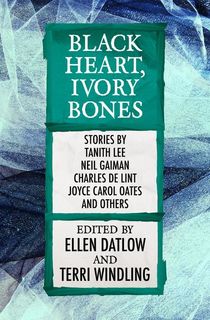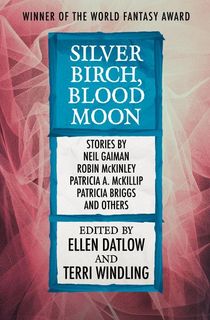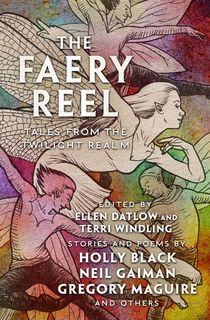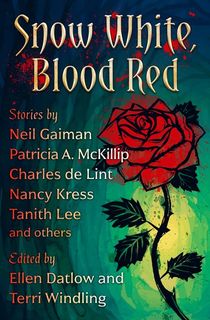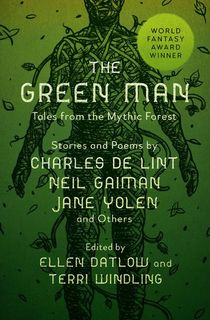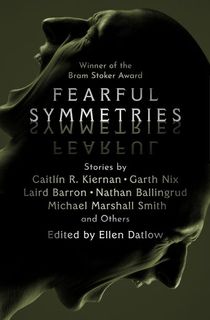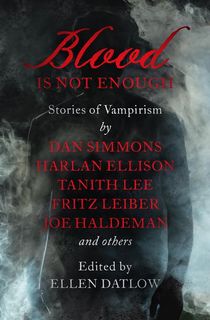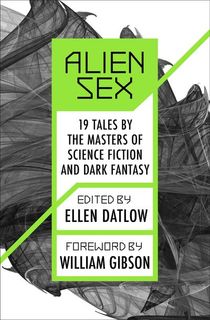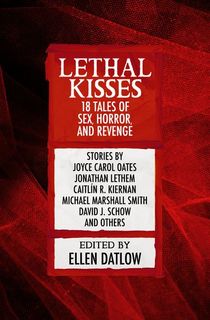If you're a horror, fantasy, or sci-fi reader, then Ellen Datlow has edited something (or someone) you love. It's a fact.
Datlow has been transforming the speculative fiction genre for over forty years. During that time she has worked with numerous print and online magazines; edited over 100 anthologies; and won eight Hugo Awards, five Bram Stoker Awards, 10 World Fantasy Awards, and 12 Locus Awards — to name just some of her ever-growing list of accolades.
The Portalist caught up with the legendary editor to discuss the books that have shaped her, the brutality of fairy tales, and how she has adapted her work with the SFF community during the pandemic.
The Portalist: As a reader, are you particularly drawn to short fiction?
Datlow: I've been editing it for so long, I guess I must be. But seriously, yes.
Have you always been compelled by horror?
I've [read] sf, fantasy, and horror since I was a kid. I started mostly working on science fiction as Fiction Editor of Omni magazine but I've been reading and editing more horror fiction as time has gone on — for over thirty years now.
What did you grow up reading?
Ray Bradbury, Richard Matheson, Harlan Ellison, Nathaniel Hawthorne, Poe, Lovecraft, Eleanor Cameron's Mushroom Planet series (for children), Nancy Drew (all of them), Bulfinch's Mythology, the Odyssey, oh and tons more.

A sample of Datlow's World Fantasy and Hugo Awards.
Photo Credit: Ellen DatlowIn anthologies like Black Heart, Ivory Bones and Silver Birch, Blood Moon, many of the entries are dark fantasy. What do you make of the relationship between fairy tales and horror?
Well, the original fairy tales were pretty dark, unlike the later bowdlerizations and Disneyfication in which every fairy tale has a happy ending. Horrific things happened. Women were forced to dance in red hot shoes, mermaids mutilated themselves for the unfaithful love of humans, etc., etc.
RELATED: Re-Reading Ellen Datlow and Terri Winding's Black Swan, White Raven
When you and Terry Windling co-edit a project, what does your collaboration look like?
We'd both solicit stories from writers we wanted and we both read all submissions. We had to agree on what we were taking and we each had one-time "veto power" for whatever reason.
I did most of the line editing, although Terri did some, working with writers she was closer to. She wrote the massive, brilliant introductions. I'd be in charge of getting everyone paid and paying out royalties.
You co-host the FANTASTIC FICTION at KGB reading series. What has it been like to transition this into a virtual community event during the pandemic?
It's been a wonderful experience. Soon after we realized we wouldn't be returning to the bar for at least a year, we started taking advantage of the medium, using the opportunity to invite readers from around the world, or just who generally [don't] come to the East Coast of the US very often, or at all.
So we've had writers from Pakistan, England, Australia, South Africa, Western Canada, and from around the USA. We've initiated a Q&A after each virtual reading and we're thinking of doing the same when we return to in-person readings.
Are there any books that have provided relief, laughter, distraction, etc. for you during quarantine?
I'm constantly reading for my Best Horror of the Year [anthology series], nothing different from my usual reading. I feel very lucky that I haven't felt completely isolated from friends and family what with eating outside (yes — all winter) with a friend or two and video chatting on a regular basis with various friends and family.
RELATED: 8 Unsettling Horror Books By Women
Read more of Ellen Datlow's work right now!
This post is sponsored by Open Road Media. Thank you for supporting our partners, who make it possible for The Portalist to celebrate the sci-fi and fantasy stories you love.

